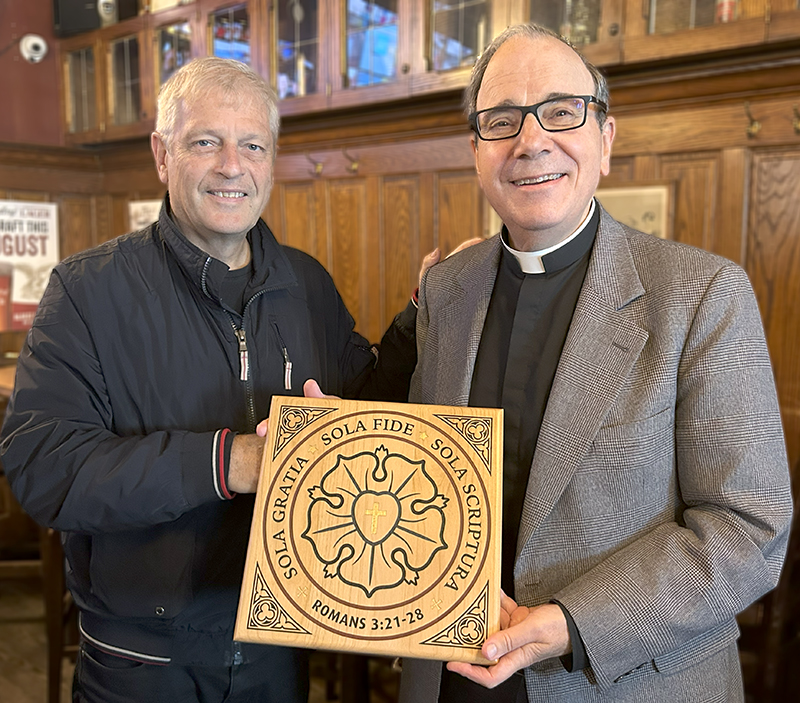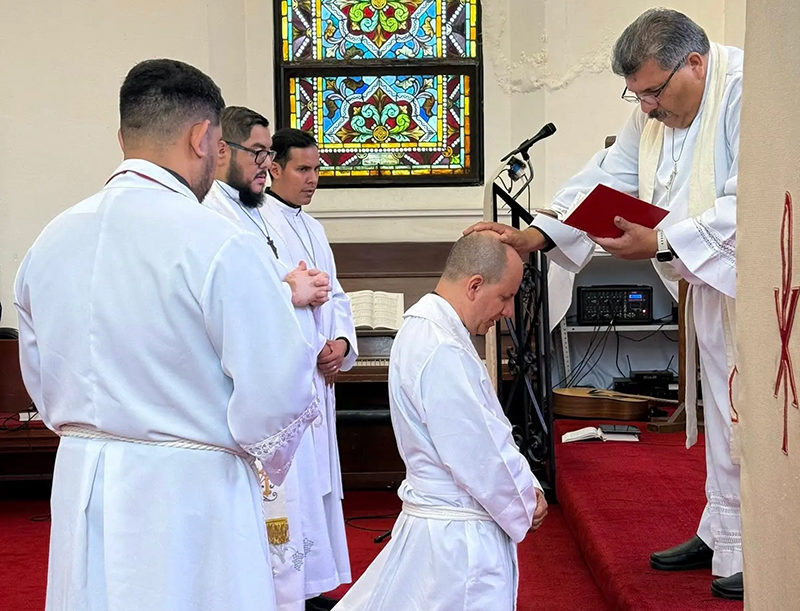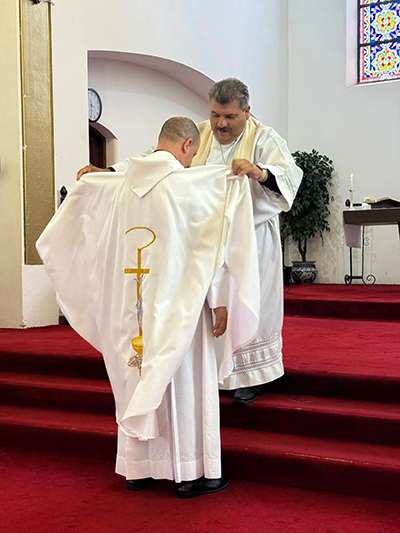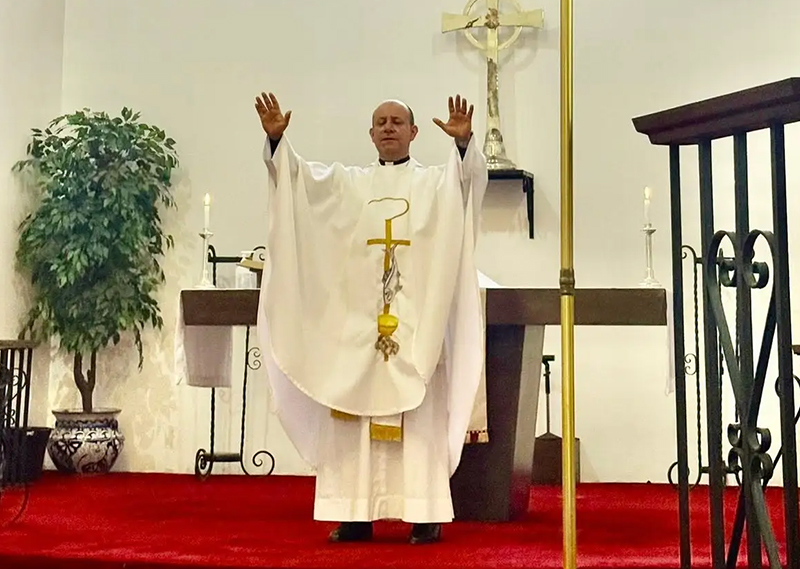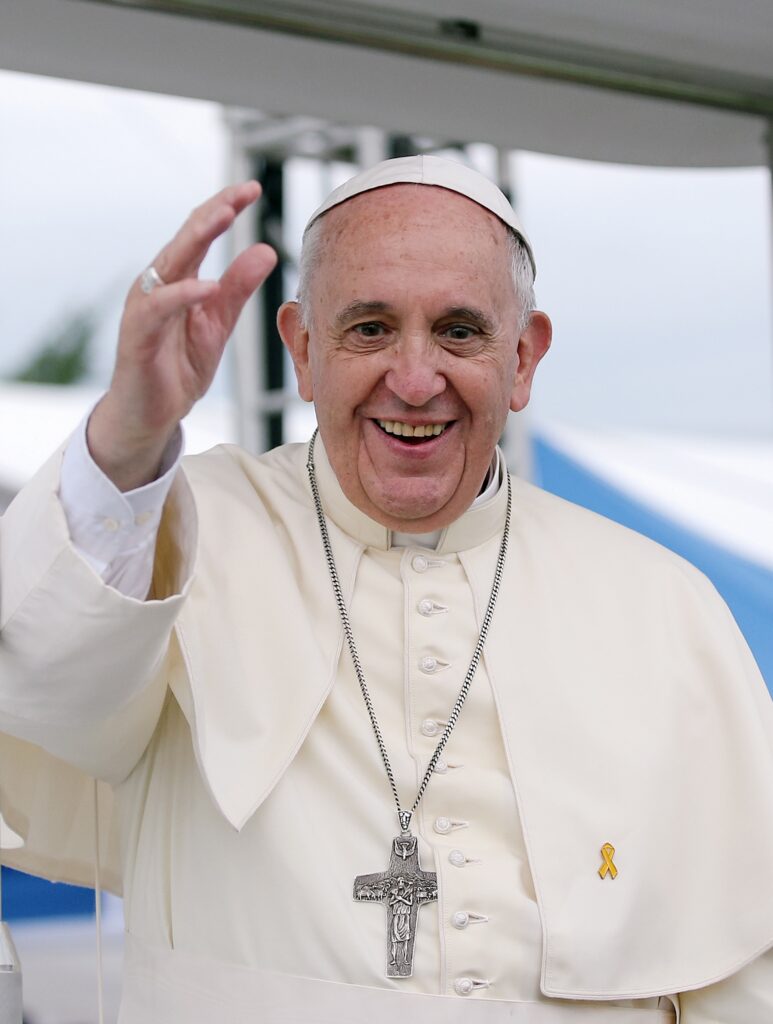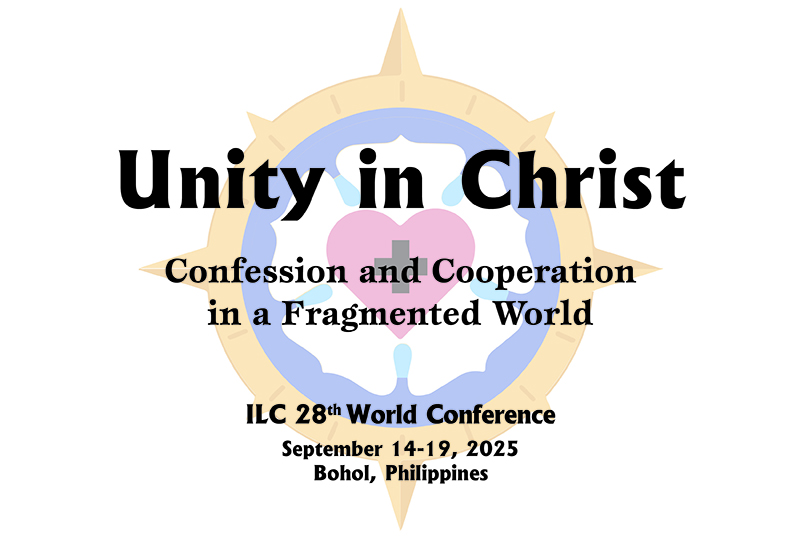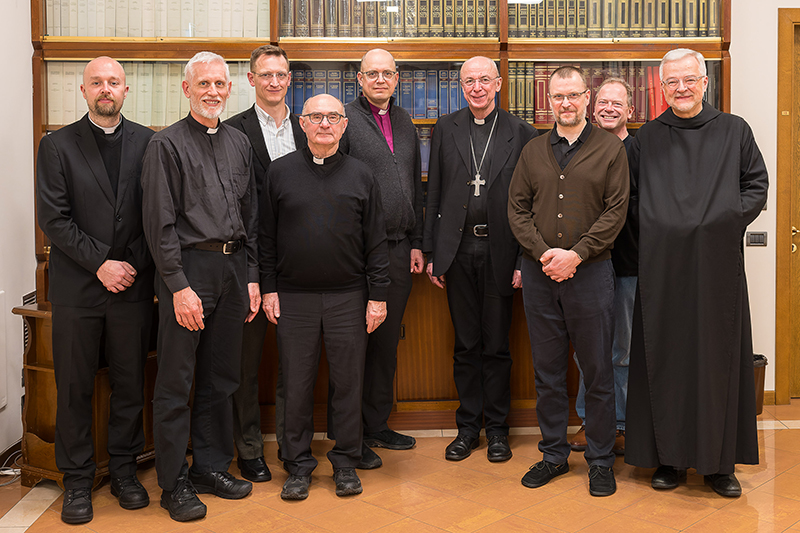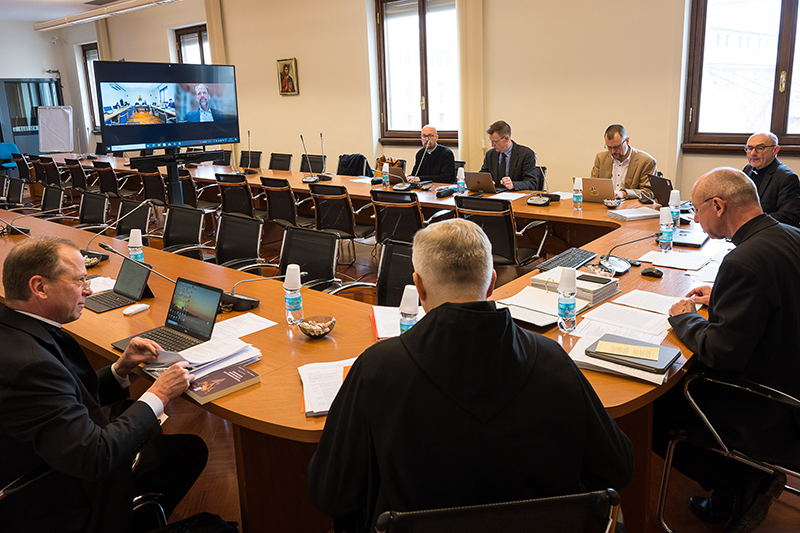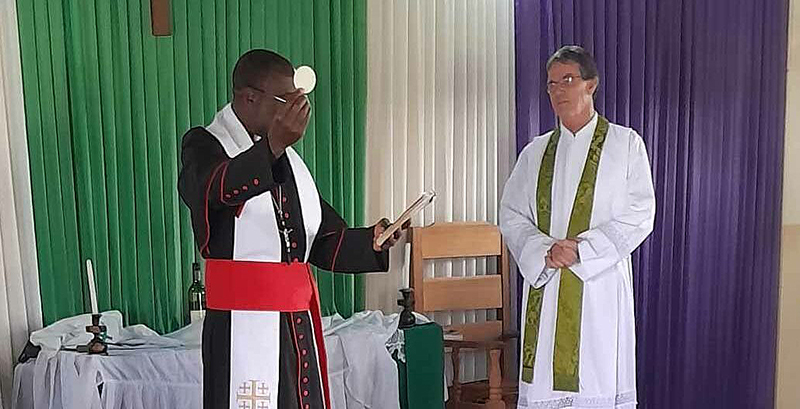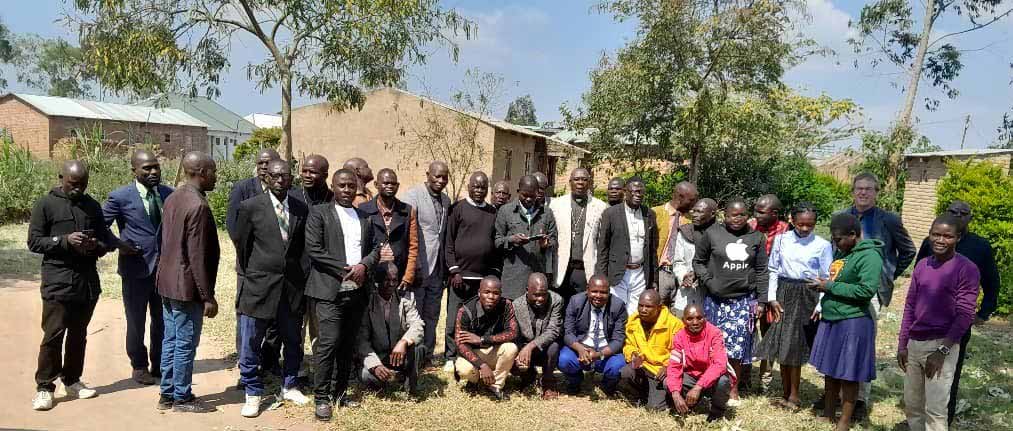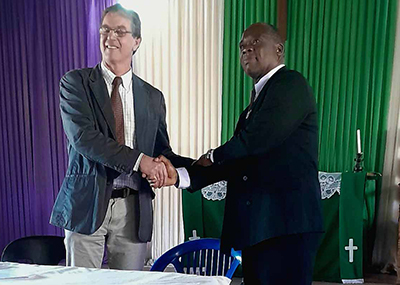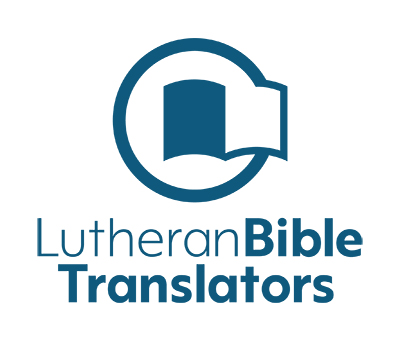
USA – The International Lutheran Council (ILC) has welcomed Lutheran Bible Translators (LBT) into the ILC as a Recognized Organization.
The decision to accept Lutheran Bible Translators into membership was made by the ILC’s Board of Directors earlier this year. LBT is an independent American-based mission organization which focuses on Bible translation and engagement. Founded in 1964, LBT partners with local church leaders in Africa, the Middle East, Papua New Guinea, Southeast Asia, and the United States to increase access to God’s Word in peoples’ heart languages.
“For over 60 years, LBT has been dedicated to making God’s Word accessible to all people in the languages they understand best,” noted Rev. Dr. Richard C. Rudowske Jr., Executive Director/CEO of LBT, in LBT’s application to the ILC. “We believe that a formal partnership with the ILC would strengthen our shared mission of proclaiming the Gospel throughout the world.”
Lutheran Bible Translators highlighted several reasons for seeking membership in the ILC, including LBT’s and the ILC’s shared confessional commitment and the opportunity for global Lutheran collaboration, among others. “Our current and planned initiatives align closely with the ILC’s mission to ‘encourage, strengthen, and promote confessional Lutheran theology and practice around the world,’” Dr. Rudowske said. “By ensuring that God’s Word is accessible in the heart languages of people worldwide, we contribute to the spiritual growth of existing Lutheran communities and support the proclamation of the Gospel in unreached areas.”
The International Lutheran Council is a global association of confessional Lutheran church bodies and organizations which proclaim the Gospel of Jesus Christ on the basis of an unconditional commitment to Holy Scripture and to the Lutheran Confessions.
———————

